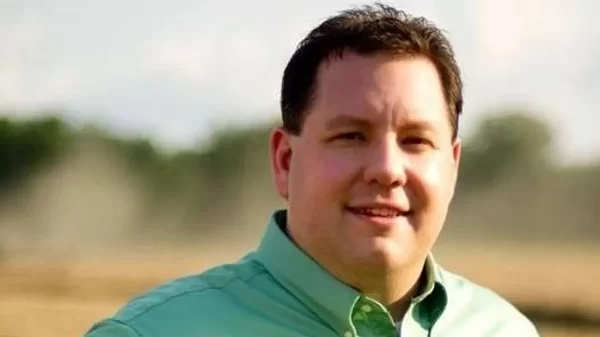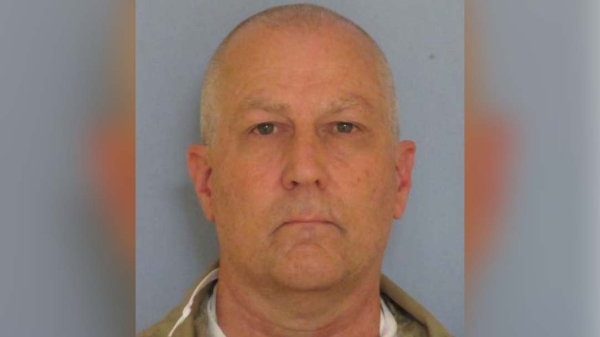By Bill Britt
Alabama Political Reporter
Rooting out public corruption in our State will require the intellectual and moral courage to radically change not only behavior, but how we think about politics.
It was not the rapacious Mike Hubbard who laid the cornerstone of politics for profit, he has simply presided over the most recent Bacchanal of greed and corruption that has infested our State government.
In its most elemental form, politics is about who gets what. So, it is not surprising that many have learned how to make government pay, and for an elite few, make the government pay very well. Money will never be removed from politics nor the will the machination of those who want to benefit from it. However, limiting legal and illegal corruption can be accomplished through clear legislation which closes loopholes, and severely punishes offender.
Politicians, bureaucrats, lobbyists and their principals will almost always look for avenues to improve their positions. Ethics laws, therefore, must be restrictive, not permissive. To ignore Niccolò Machiavelli’s pragmatic view that politicians and their fellow travelers will use deception,viciousness, and manipulation for political and personal ends, is to be naive about human nature. Therefore, the mission is to institute laws that offer checks and limits activities of these groups and individuals.
In 2010, the Republican supermajority passed legislation with the intended to constraining lawmakers, lobbyists, principals and civil servants. However, weaknesses are still evident in that the Statements of Economic Interests are vague, campaign finance laws are full of loopholes, and the State’s Ethic Commission is neither enforcing the law, or following the strict letter of the law.
One Republican lawmaker pled guilty to breaking those laws and resigned in disgrace. Speaker Hubbard is charge with 23 felony ethics law violations, and still retains his position as leader of the House of Representatives, with all but one democrat voting not to reelect him. This speaks volumes about the pervasive culture of corruption.
Corruption is systemic in our State’s political machines and this, over time, has created a culture of acceptance, both within the halls of government, and without. This apathy for the devil is so universal, many believe real reform is impossible.
Former US Attorney, Patrick Fitzgerald writing on public corruption states, “Over many years of seeing corruption in almost every facet of government, many residents of a community begin to simply accept corruption as the immutable status quo. They come to assume government is broken and ineffective and destined to function corruptly…Some residents simply disengage from the political process and no longer trust their government to function well or in their interest. Other residents may come to believe they must engage in corruption in order to gain government benefits themselves. Still others will begin to look the other way when they witness corrupt transactions. And honest folks are discouraged from entering politics or suffer from the skepticism engendered by others’ misdeeds.”
http://www.justice.gov/usao/priority-areas/financial-fraud/public-corruption
Until Matt Hart, under the direction of Attorney General Luther Strange, organized the Special Prosecution Divison, enforcement of the State’s ethics law were primarily cosmetic.
A resent letter from Strange and the president of the District Attorney put lawmaker on notice, that enforcement would continue. Vigorous investigations coupled with strenuous prosecution is needed to stop corruption.
In Alabama, it is the mindset that permeates State government that needs changing. The fault lies not in the stars but in us.
If Hubbard is convicted—and I believe he will be—there will be a short window of opportunity for sweeping change. This will also require that the Attorney General will bring down other lawmakers who still operate under the old corrupt model.
For now, the fault lies not just in the law, but in the culture itself.























































